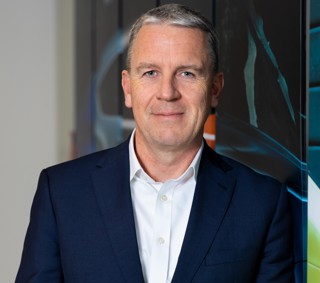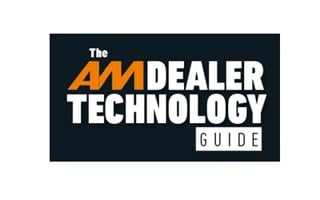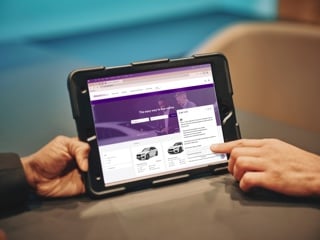Change has certainly been a never-ending stream through the automotive industry. As Ferdinand Porsche famously said: “Change is easy. Improvement is far more difficult.”
The transformation triggered by governments, shifting consumer behaviours, geopolitical factors, and technological advances, including the super-charged digitalisation accelerated by COVID, is touching every aspect of the way cars are researched, designed, built, improved, distributed, sold and consumed.
This type of seismic change can be instituted only by a qualified and motivated workforce.
HR professionals face quite a task developing a strategy that strengthens their employers’ brands while embracing ceaseless change.
Ability to adapt quickly is one of the key capabilities needed both on the manufacturing and showroom floor and in the executive office.
Change in automotive is turning old structures upside down. Linear hierarchies, old role models, classic role responsibilities were designed for the traditional assembly in sequence.
But with digitalisation and the transformation brought about by CASE (connectivity, autonomous, sharing/subscription and electrification), everything changes, especially in the context of hiring employees with new skill sets, new preferences for work and new expectations.
- AI and robotics require new skill sets. As cars become more like software products with continuous improvements rather than a production deadline date, OEMs must compete with software companies for talent and sometimes find it hard to recruit enough software specialists to drive the transition.
- The growth of e-mobility destroys many jobs and creates different new ones. e-mobility vehicles will need far fewer parts. More than 50% of the classic supply chain for propulsion, transmission and mobility will be phased out over time. European volume OEMs and large suppliers are already in discussions with trade unions over layoffs potentially affecting several hundred thousand workers.
- At the same time, the move toward e-mobility presents an opportunity for business-driven project managers with expert know-how, as new battery production plants open, and new engineering solutions based on alternative power sources are developed. So, while automotive companies may need to downsize their operations, they need to cope with a rising skills gap in strategic areas at the same time.
Retaining the workforce takes more than a high pay cheque
The attractiveness of a job is no longer determined by the salary alone. To retain and attract top talent, automotive companies must find the right mix of incentives, while offering a rich experience and flexibility to foster true loyalty. Automotive producers have to broaden their horizons and look to sectors such as the IT and software-based service industries. The comprehensive employee experience starts with pay that is increasingly tied to the performance of teams, rather than individuals. It also includes balanced working hours, freedom and the ability to make important decisions.
Innovate and digitise – but do not lose the tie with your employees
With the massive changes and the drive towards digitalisation, IT infrastructure is rapidly becoming ground zero for competitive differentiation. The impact of IT on human resources is undeniable as employers must offer a rich, quickly deployable, and innovative set of digital technologies to attract talent.
In the war for top talent, automotive companies also have to use their marketing and product strategy skills to become sought-after employer brands with the ability to fend off the attraction of other sectors, such as consumer software giants. For that, fundamental building blocks are decent pay and a rich digital experience. But these alone are not enough.
A serious commitment to the products as well as employees, a clear strategy, and nourishment of employees’ sense of belonging are vital ingredients. Once a sound employee development strategy is in place, small details can make all the difference.
The automotive industry is entering a brave new world, an age of artificial intelligence and robotics in earnest. But human factors, which have sometimes been overlooked in the past, can make the difference when attracting and keeping those critical employees who possess the right skill sets to take auto companies into the future.
Author: Anwen Robinson, Infor general manager and senior vice-president for the UK & Ireland



















Login to comment
Comments
No comments have been made yet.